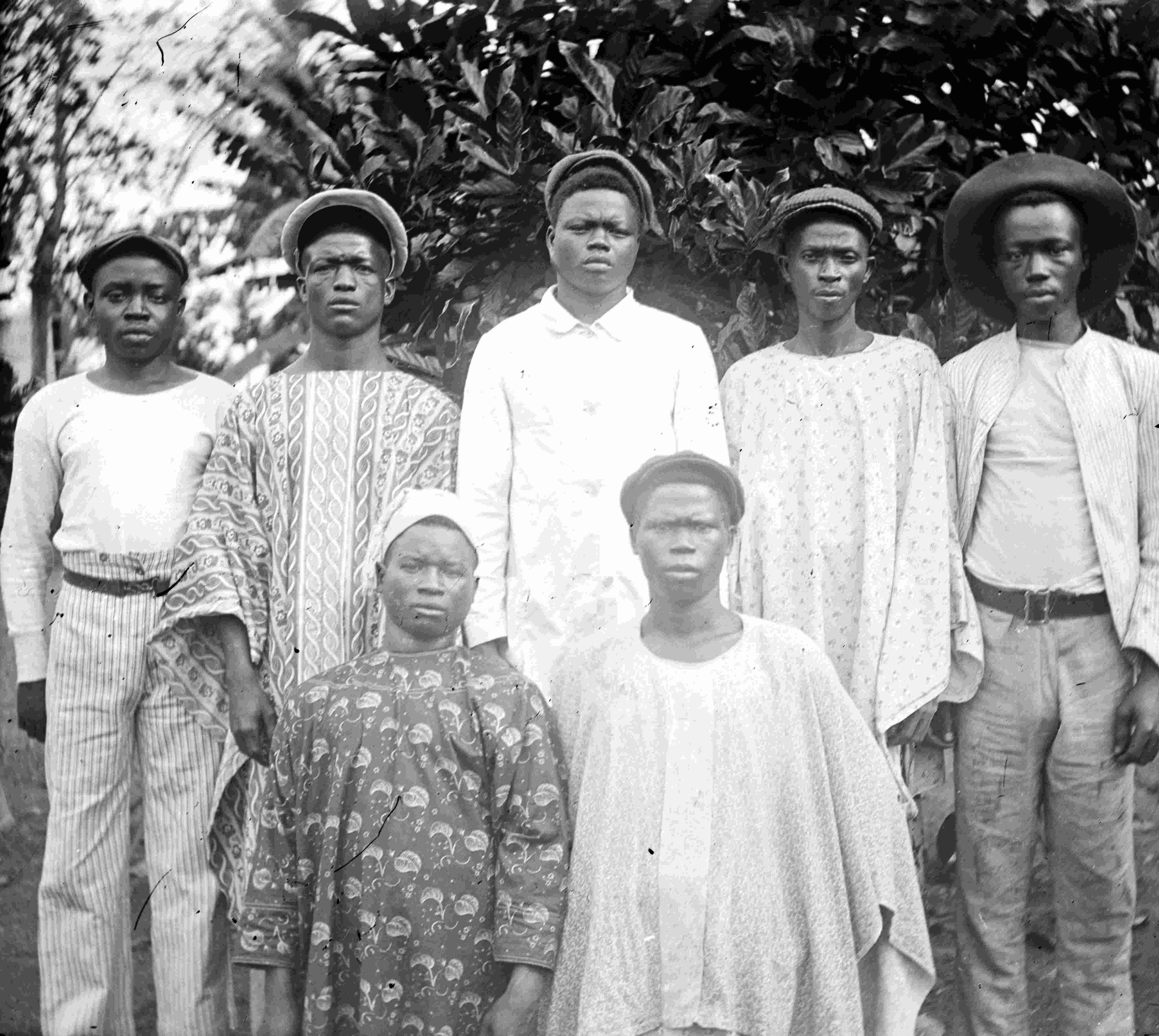
International Day for the Remembrance of the Slave Trade and its Abolition

International Day for the Remembrance of the Slave Trade and its Abolition 2026
The International Day for the Remembrance of the Slave Trade and its Abolition is celebrated annually on August 23rd. Designated by UNESCO, this day memorializes the transatlantic slave trade and honors those who fought for its abolition. The date marks the beginning of an uprising on the island of Saint Domingue (now Haiti) during the night of August 22 to August 23, 1791, which played a significant role in the abolition of the transatlantic slave trade.
The Significance of the Day
The International Day for the Remembrance of the Slave Trade and its Abolition serves as an opportunity for collective recognition and reflection on the historical causes, methods, and consequences of slavery. Key aspects of the day's significance include:
Historic Recognition: Acknowledging the impact of the transatlantic slave trade and honoring the memory of those who resisted and fought for abolition.
Educational Outreach: Promoting awareness and understanding of the history and legacy of slavery among young people, educators, and the wider community.
Dialogue and Analysis: Facilitating discussions on the interactions and consequences of the transatlantic slave trade across Africa, Europe, the Americas, and the Caribbean.
History of the International Day for the Remembrance of the Slave Trade and its Abolition
The day was designated by UNESCO through resolution 29 C/40, adopted at the 29th session of the Organization's General Conference. Circular CL/3494, issued on July 29, 1998, by the Director-General, invited Ministers of Culture to promote the day. The first celebrations took place in Haiti on August 23, 1998, and in Senegal on August 23, 1999.
International Day for the Remembrance of the Slave Trade and its Abolition and the Sustainable Development Goals (SDGs)
The commemoration of the International Day for the Remembrance of the Slave Trade and its Abolition aligns with several Sustainable Development Goals:
Goal 4: Quality Education: Encouraging educational initiatives that promote understanding of the history and legacy of slavery.
Goal 10: Reduced Inequalities: Addressing historical injustices and promoting equality and social inclusion.
Goal 16: Peace, Justice, and Strong Institutions: Advocating for justice, human rights, and the establishment of strong institutions that protect against exploitation and discrimination.
Goal 17: Partnerships for the Goals: Fostering global partnerships and collaboration to address the legacies of the slave trade and promote intercultural dialogue.
Activity within Different Nations
UNESCO Member States organize events each year on August 23rd, inviting participation from various groups to promote intercultural understanding and dialogue as part of UNESCO's "The Slave Route" project.
France
In 2001, the Museum of Printed Textiles in Mulhouse, France, conducted a fabric workshop entitled "Indiennes de Traite," focusing on the type of calico used as currency in the trade for Africans.
United Kingdom
Liverpool
Since 1999, National Museums Liverpool and the Liverpool Black community have commemorated Slavery Remembrance Day. The Liverpool Slavery Remembrance Initiative was founded in 2006, leading to the opening of the International Slavery Museum on August 23, 2007. The Walk of Remembrance through the city, which began in 2011, is now led by Dr. Gee Walker and includes a Libation ceremony at Albert Dock.
London
The inaugural Slavery Remembrance National Memorial Service was held on August 21, 2016, in Trafalgar Square. The National Maritime Museum in Greenwich hosts an annual commemoration event on August 23, which closes with a silent ceremony on the banks of the River Thames.
As we commemorate the International Day for the Remembrance of the Slave Trade and its Abolition 2026, let us remember and honor the resilience and courage of those who fought against slavery. Engage in activities, support educational initiatives, and participate in dialogues to ensure that the history and legacy of the transatlantic slave trade are never forgotten.
International Day for the Remembrance of the Slave Trade and its Abolition Themes
| Year | Theme | Description |
|---|---|---|
| 2019 | Remember Slavery: The Power of the Arts for Justice | Explored how music, dance, and other artistic forms have been used to raise awareness about slavery and promote human rights and justice. |
| 2020 | Reclaiming the Past | Focused on confronting the enduring impacts of the transatlantic slave trade and racism, with a call to honor the victims and acknowledge historical injustices. |
| 2021 | Ending Slavery’s Legacy of Racism: A Global Imperative for Justice | Highlighted global efforts to eliminate structural racism rooted in the history of slavery through education, justice, and remembrance. |
| 2022 | Stories of Courage: Resistance to Slavery and Unity Against Racism | Honored the bravery of enslaved people who resisted oppression and inspired collective movements to fight racism and inequality today. |
| 2023 | Fighting Slavery’s Legacy of Racism Through Transformative Education | Promoted education as a tool to challenge the legacy of slavery, foster equality, and advance human dignity and rights worldwide. |
| 2024 | Creating Global Freedom: Countering Racism with Justice in Societies and Among Nations | Emphasized justice and equality as the foundation of lasting freedom for people of African descent, and the importance of international solidarity. |
| 2025 | We Rise: Remembering the Past, Reimagining the Future | Encouraged collective memory, cultural resistance, and the abolition of human exploitation through art, education, and intergenerational justice efforts. |
